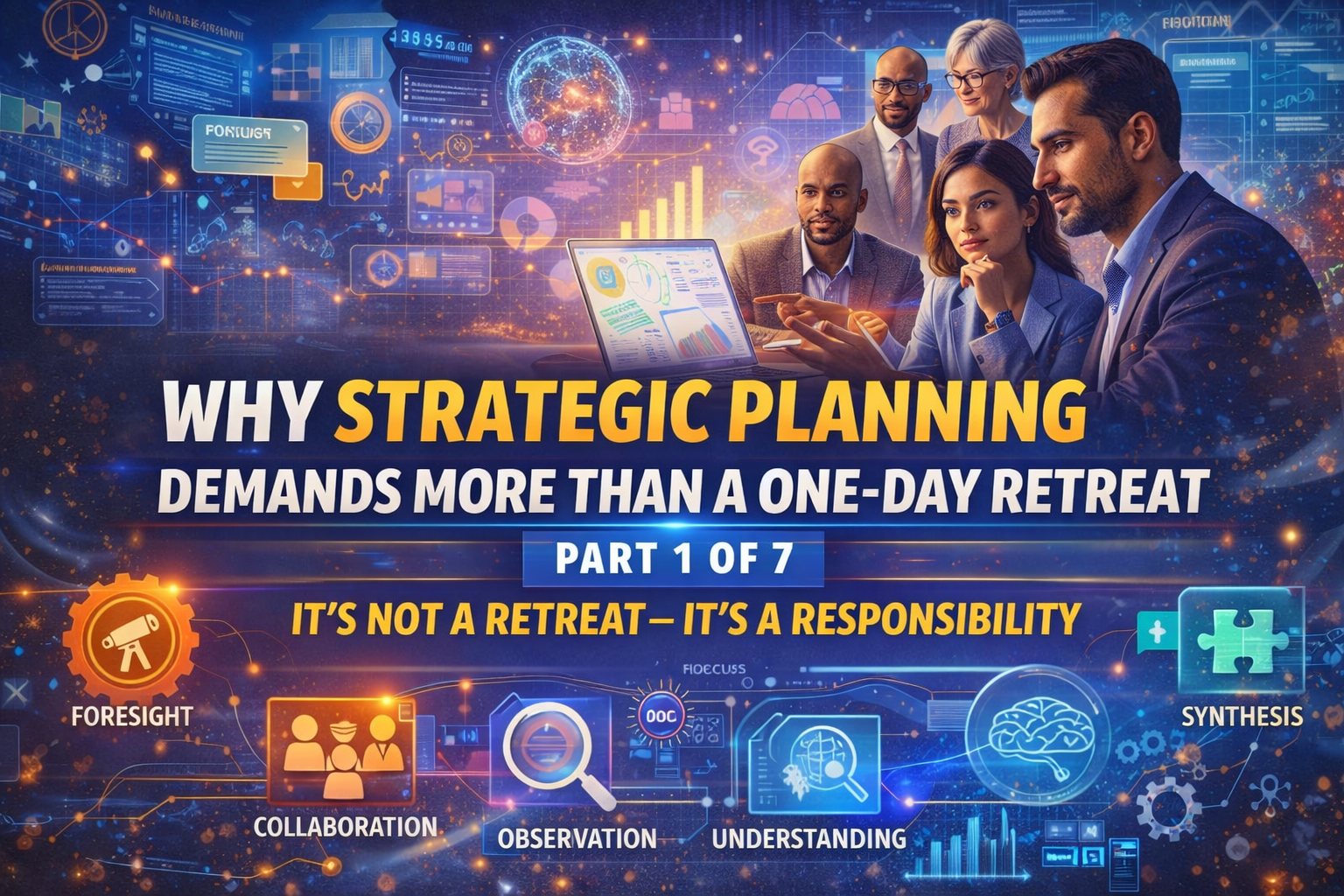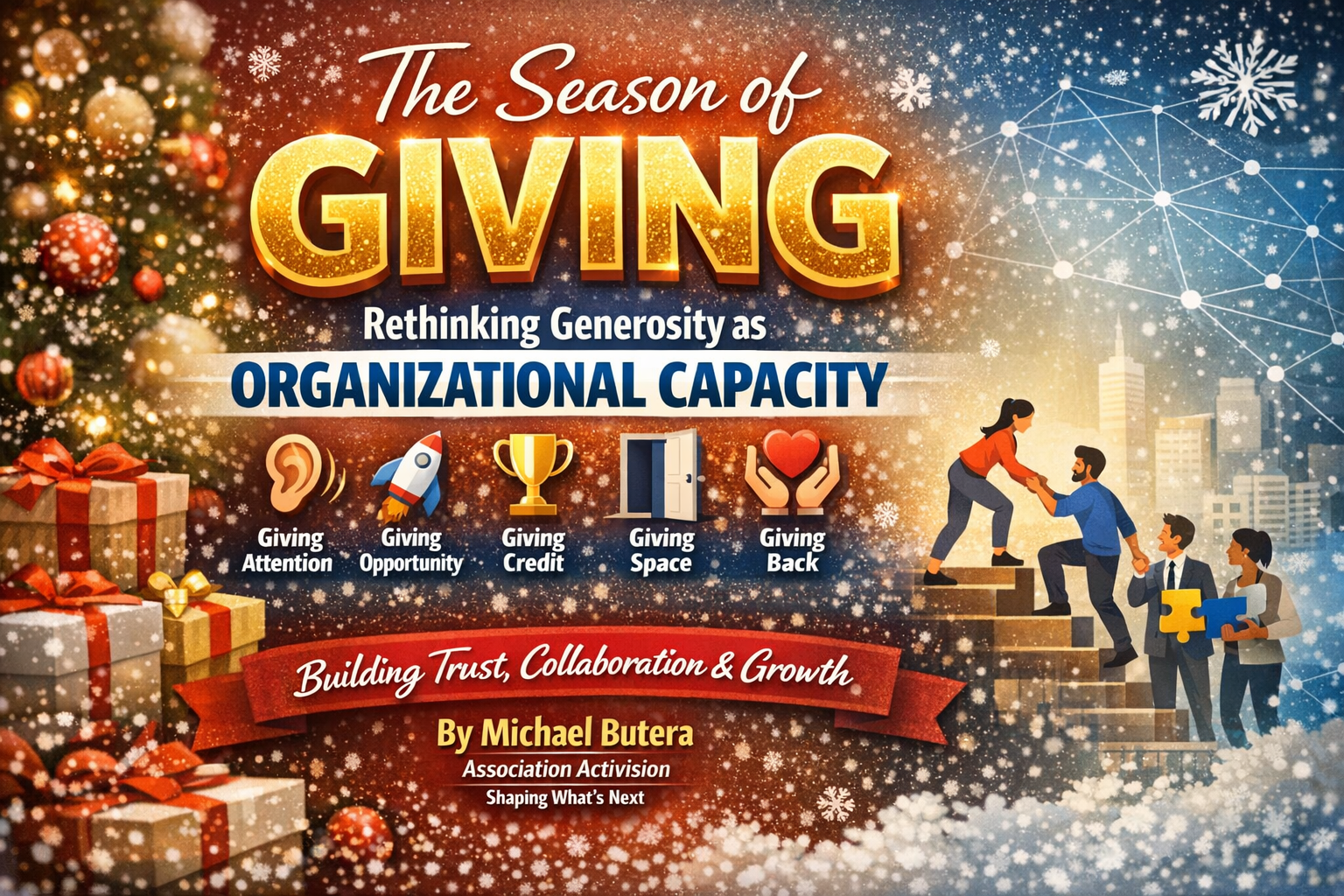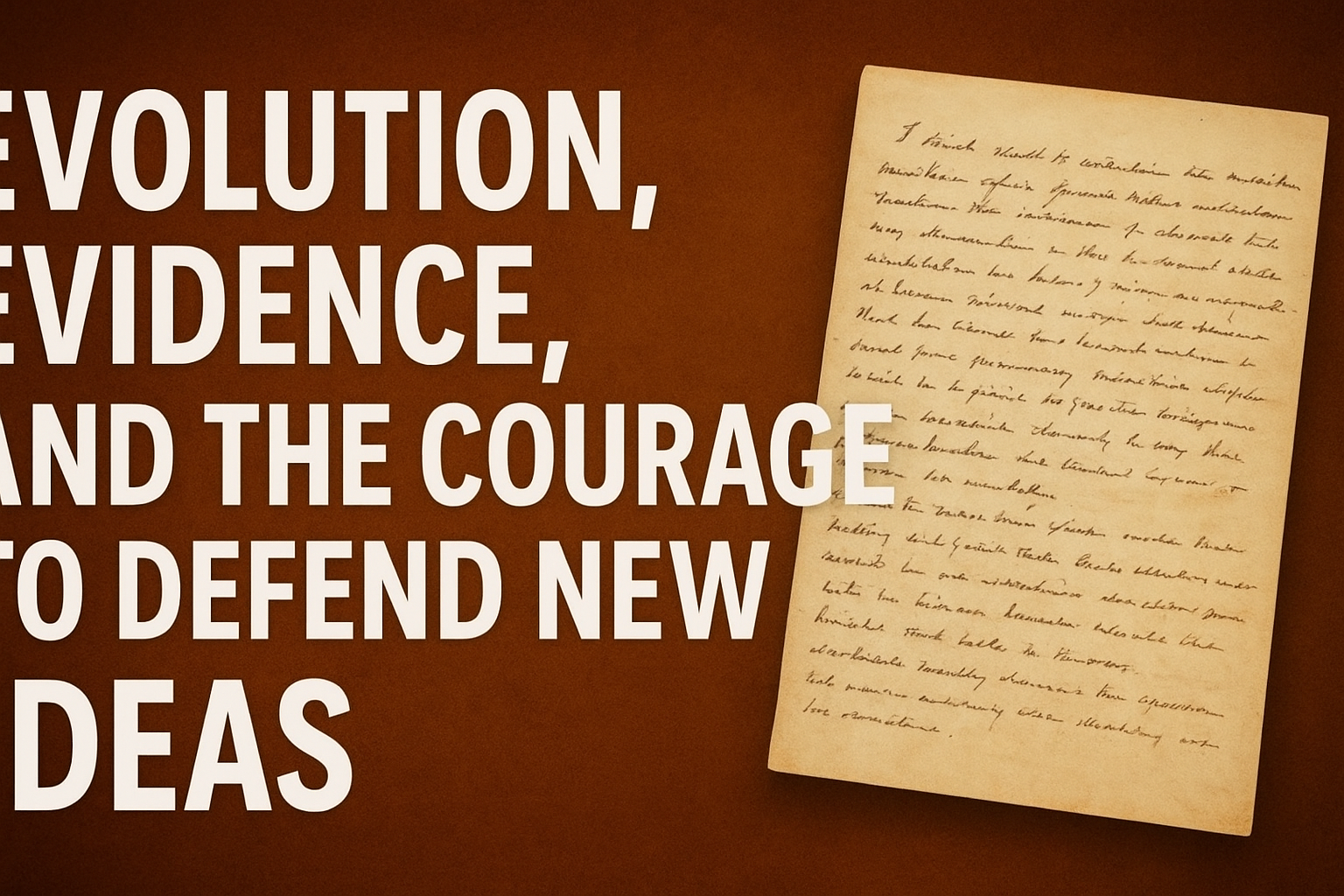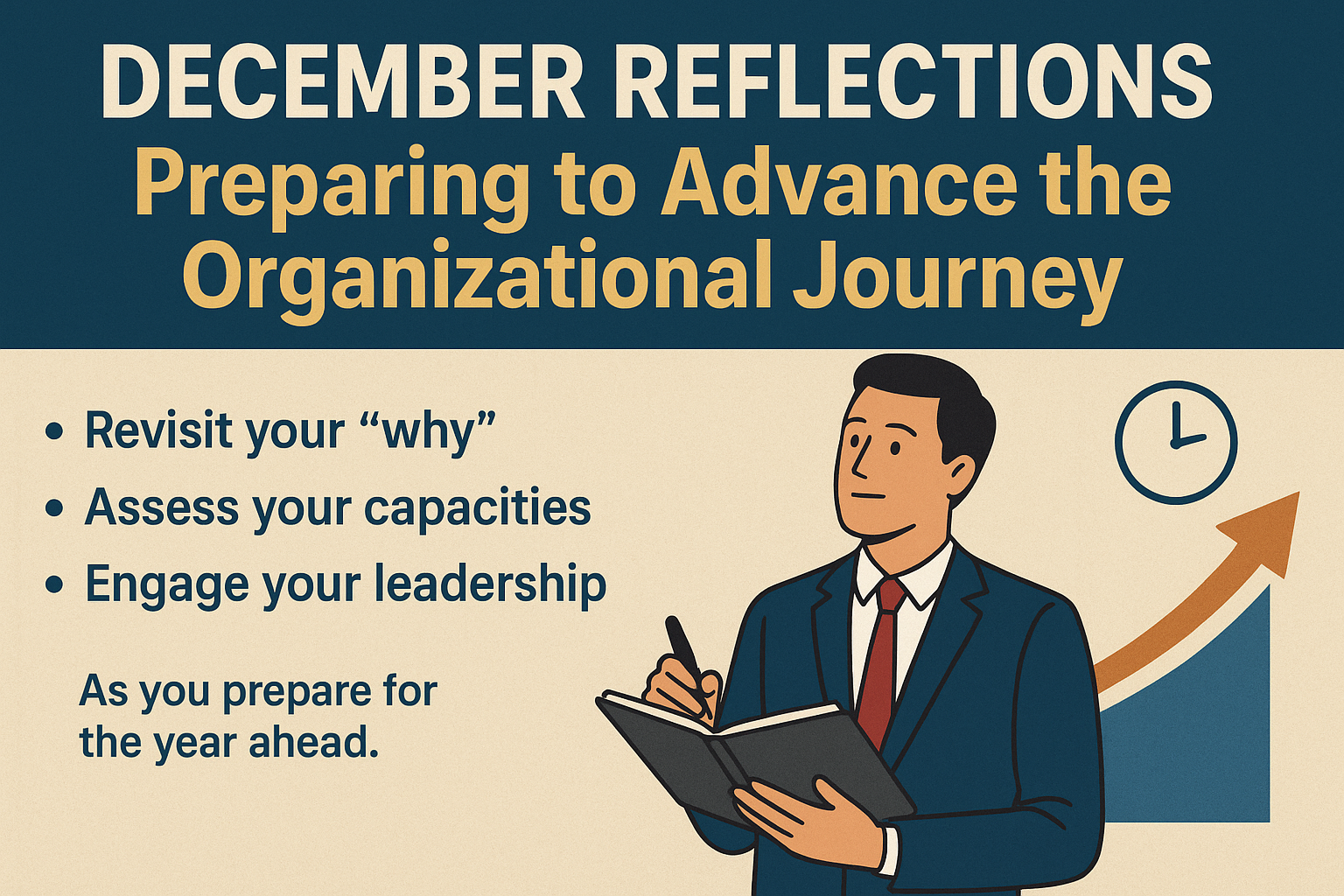
Strategic planning has become one of the most misunderstood responsibilities of association boards. Too often, organizations attempt to compress an entire strategic process into a single “in‑and‑out” planning retreat—an agenda-packed day that produces a document but not a strategy. These sessions may feel productive, but they lack the essential ingredients of real strategic work: research, data collection, stakeholder interviews, internal and external scans, and the thoughtful reflection required to make sense of it all.
A meaningful strategic plan cannot be built on assumptions or rushed conversations. It requires alignment, discipline, and a shared commitment to execution. Boards must agree on direction, provide the resources necessary for the executive to carry out the plan, and maintain appropriate oversight without drifting into day-to-day operations. And once the plan is in motion, execution depends on the board’s willingness to stay the course, listen to the executive as conditions evolve, and make thoughtful adjustments when needed.
To guide this deeper, more intentional approach, this series introduces the FOCUS framework—five core processes that drive practical strategic thinking in both individuals and teams:
- Foresight: Anticipating future trends, challenges, and opportunities
- Observation: Paying disciplined attention to internal and external realities
- Collaboration: Engaging diverse perspectives to strengthen decisions
- Understanding: Analyzing information to uncover patterns and root causes
- Synthesis: Integrating insights into a coherent, actionable strategy
Together, these elements form the foundation of strategic facilitation and planning. They remind boards that strategy is not an event—it is a mindset, a process, and a commitment to thoughtful leadership.
This six-part blog series explores each component of the FOCUS framework and demonstrates how boards can use it to elevate their planning, strengthen their governance, and ensure that strategy moves from paper to practice.








